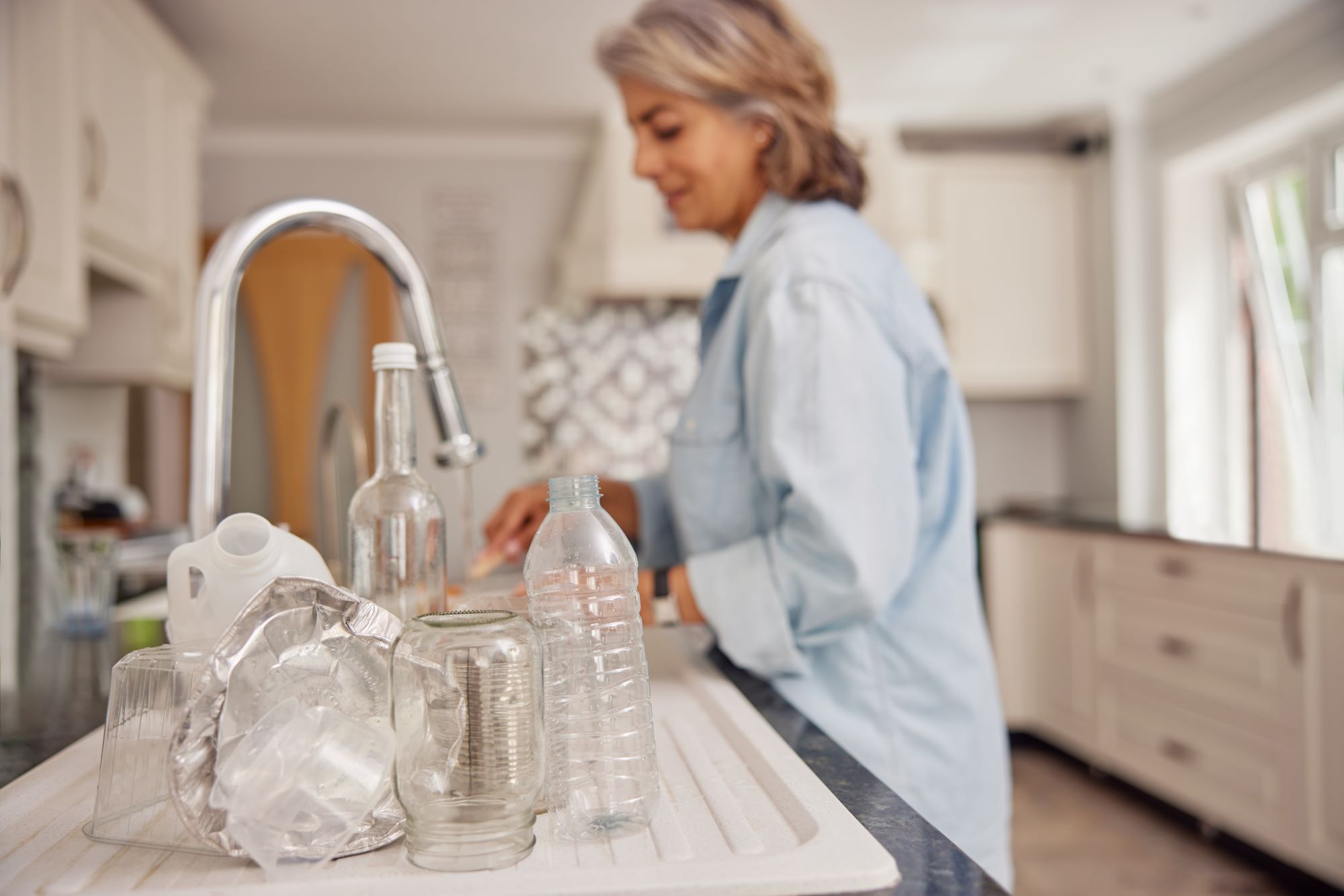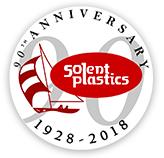 Add My Company
Add My Company

Many people believe recycling wastes more water than traditional production methods, citing this as a reason not to recycle at home or work.
People who support this theory claim that rinsing out jars, cans and other containers before the process of recycling begins uses unnecessary water.
© Daisy Daisy / Shutterstock.com
However, experts have looked into this suggestion and are refuting its accuracy. On the contrary, recycling is incredibly important for our planet.
How does recycling help the environment?
Research has shown recycling saves much more water than it uses. It also prevents the emission of water pollutants and harmful greenhouse gases, while saving energy.
One of the major benefits of recycling is that it preserves the earth’s natural resources by reducing the extraction of virgin materials.
It also reduces the pollution caused by extracting and processing virgin materials. Processing used materials that have been recovered causes fewer pollutants and uses less energy. Utilising recycled products helps to minimise the need for single-use packaging materials.
We can do simple things ourselves to reduce waste such as using durable coffee mugs rather than single-use plastic cups, refilling water bottles and reusing sturdy storage boxes time and time again.
Donate items you no longer need like magazines, clothing, household items, furniture and toys to charity, rather than throwing them out.
There is so much more that everyone can do to help save the planet - all it takes is a little thought and consideration of our own day-to-day lifestyles.
Does recycling waste water?
People who believe that recycling wastes water are wrong, according to the experts. In fact, wasted water isn’t an issue in any aspect of the recycled products’ journey.
Unfortunately, posts on social media often spread misinformation, in turn deterring people from doing useful things to help the environment. Experts from the Treehugger sustainability website have investigated instances where members of the public have questioned the value of recycling.
One claim was that people should “stop trying to recycle” to save water. The sweeping statement by a writer in the United States used figures apparently with no scientific foundation. They claimed washing out cans, bottles and plastic containers to send them for recycling wasted more than half a gallon of water per day in the average household. They said 37 million people in California alone could “easily waste 37 million gallons of water daily” - already exhibiting flawed mathematical calculations.
Sustainability experts at Treehugger researched the claim using scientific facts and information gathered by professional bodies over many years.
Cleaning food containers at home before sending them for recycling is important, as it reduces their weight, which better manages the carbon footprint of transporter vehicles. It also means the recycling plant isn’t using extra energy and water to wash out jars and bottles caked in stale food and beverages.
Most recycling companies prefer food containers to be cleaned at home first, as otherwise, they can arrive at the sorting facility in a contaminated state, with a bad odour and full of bacteria, especially in hot weather.
How to wash food containers
If you’re someone who rinses food containers by running them under the hot tap and blasting any debris into the sink, it’s time to rethink your method.
First, put any food debris into a compost bucket manually by scooping it out. Then, after you have washed the dishes at mealtimes, simply wash the containers for recycling in the same water afterwards. This way, you’re not using any extra water, as it would have been going down the sink anyway. You don’t even need to use boiling hot water - warm or even cold water will be fine.
Once at the recycling plant, different materials including plastic, metals and glass are separated. Any remaining food waste or bugs are removed.
A good way to check whether you’ve cleaned the containers sufficiently is deciding whether they will attract pests such as rats or insects.
If you’ve cleaned them well at home, the amount of water used at the recycling plant will be minimal. The containers are then melted down in a process that removes any ink, glue or contaminants.
A good, simple recycling system, using recycle bins, is important in every household and workplace. We can all do our bit to help the planet, reduce greenhouse gases, combat global warming and preserve the earth’s scarce resources!
Virgin raw materials
Compared with recycling, the extraction of virgin raw materials and manufacturing them into single-use packaging materials uses vastly more water.
Experts conclude that by using products made from recycled materials, householders can actually help SAVE lots of water that would otherwise be consumed in the extraction and processing stages of raw materials.
If you care about our planet AND saving water, make sure you recycle as much as you can.
For more information on Water Waste: Is Recycling Really that Good for the Planet? talk to Solent Plastics

